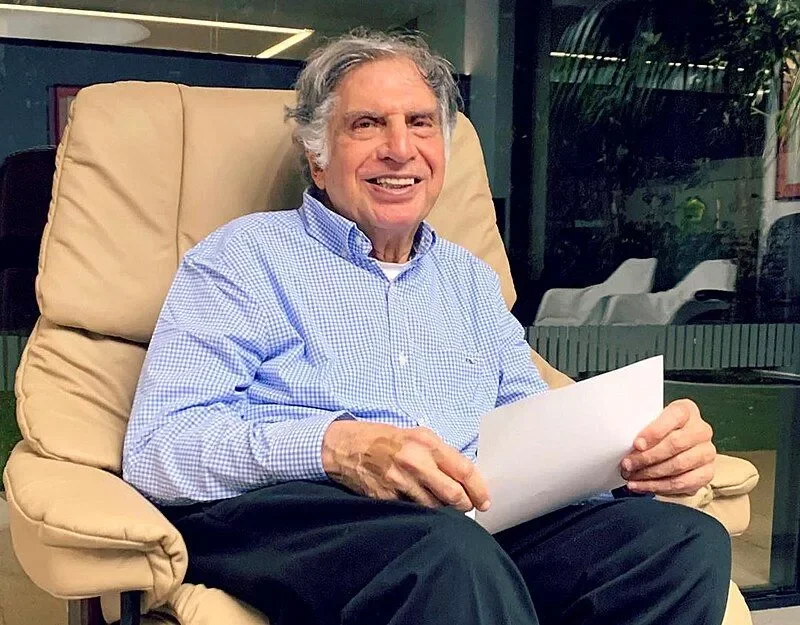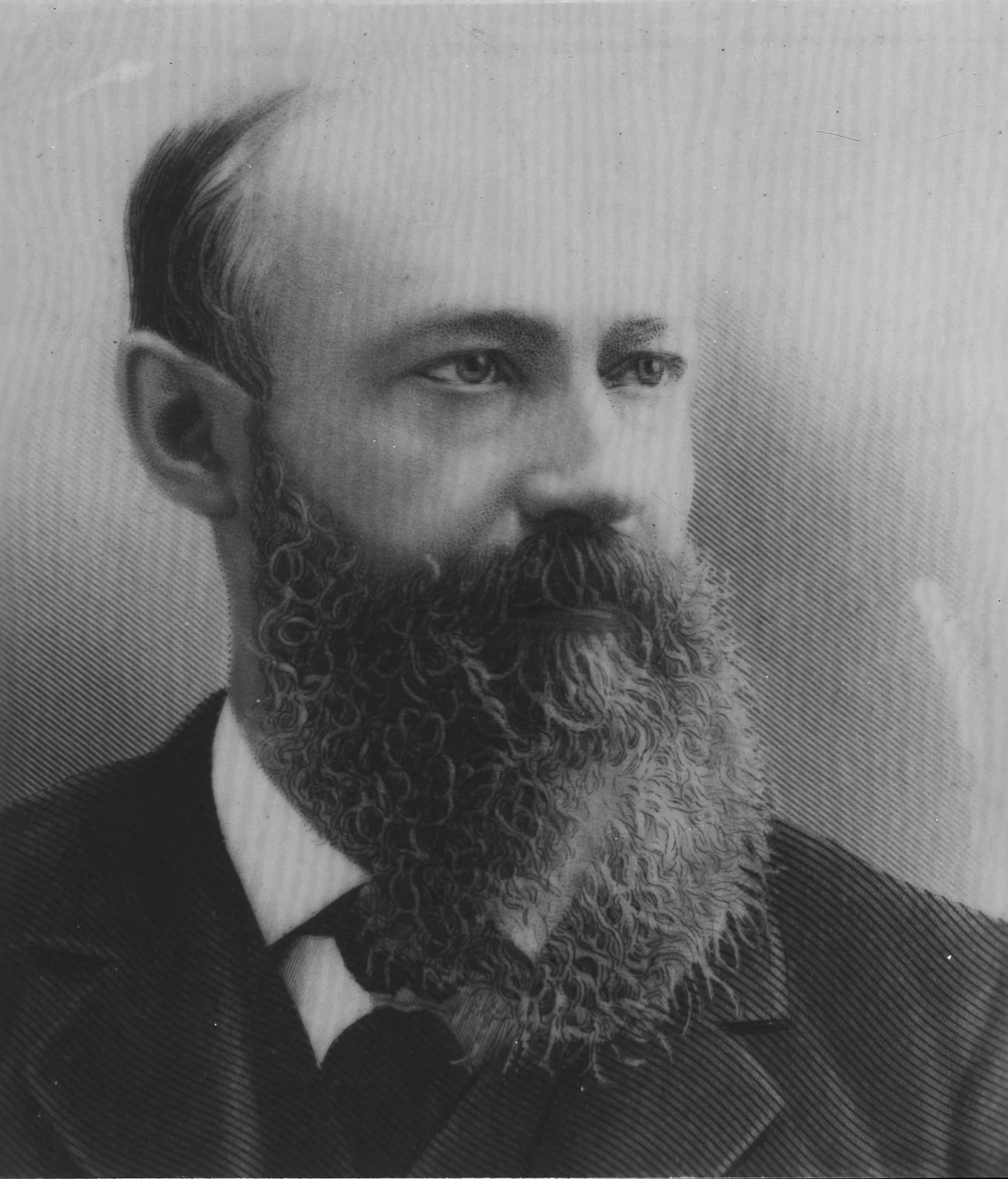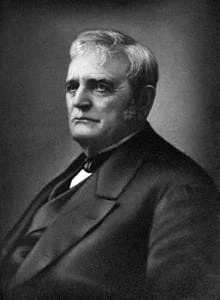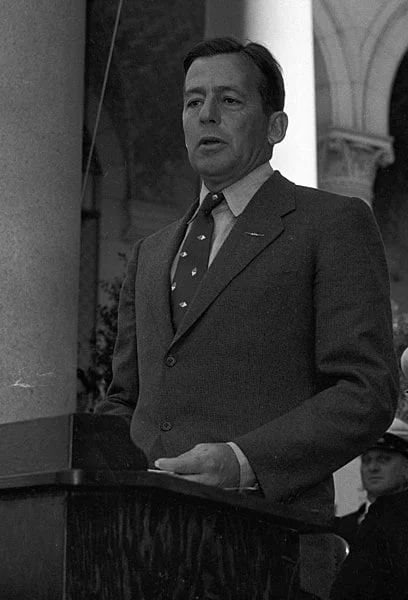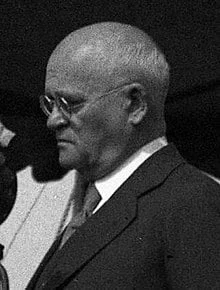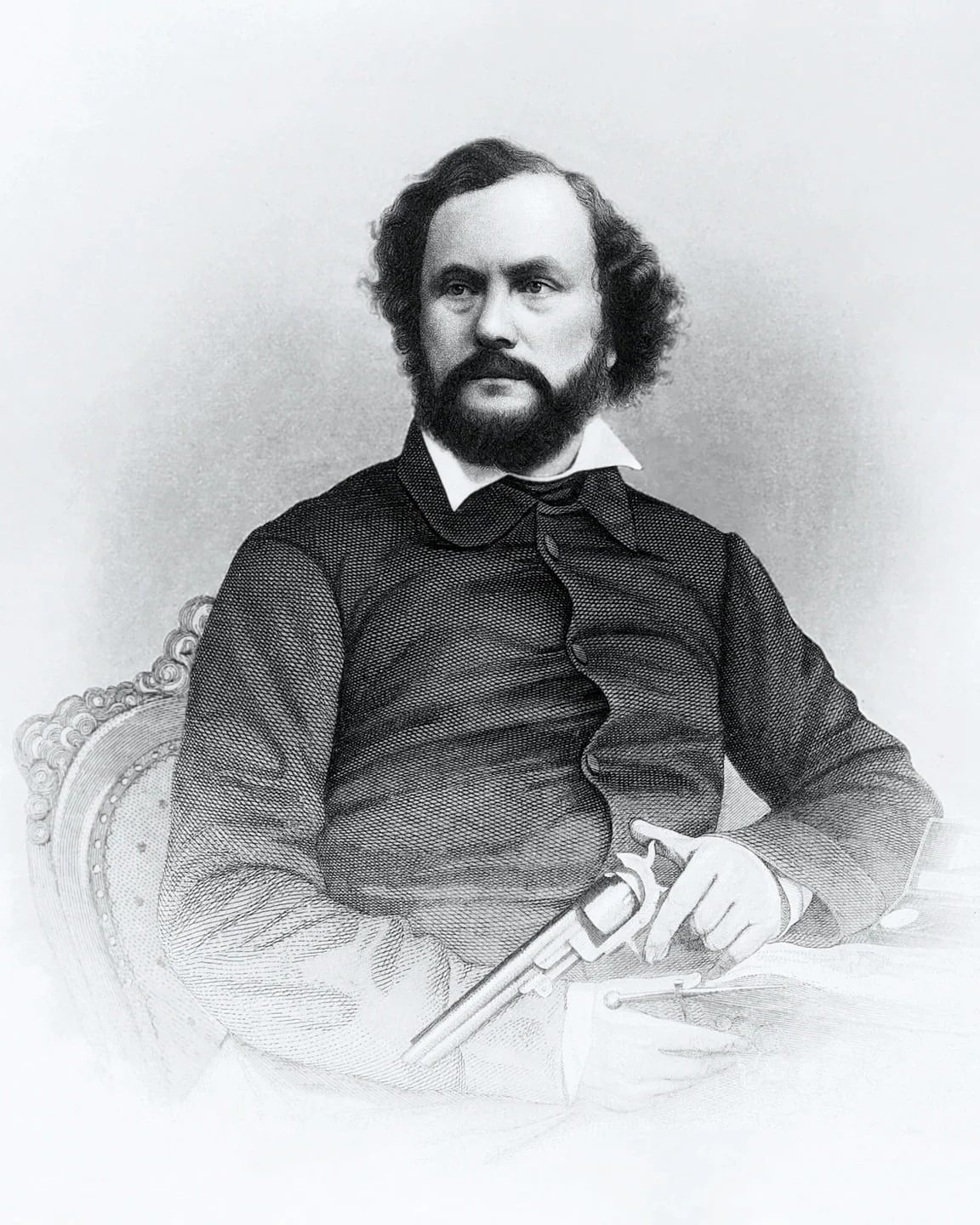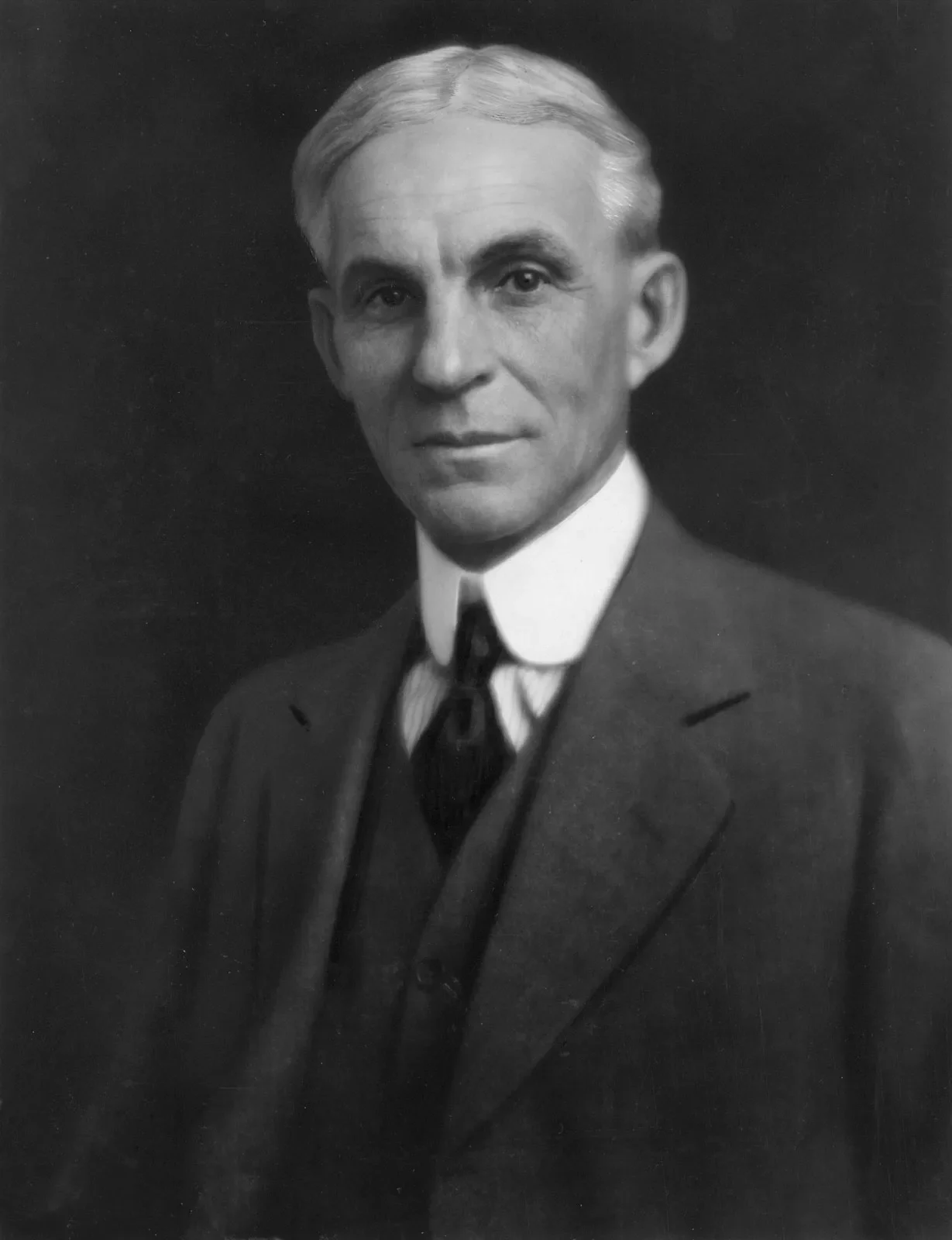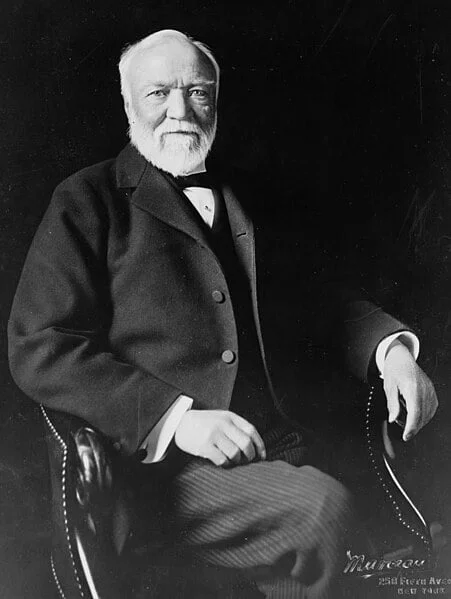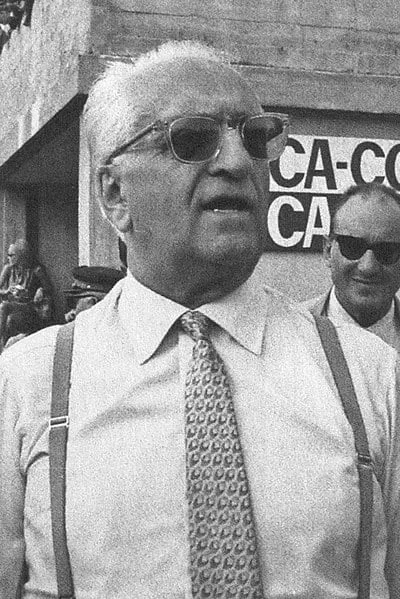Real Celebrities Never Die!
OR
Search For Past Celebrities Whose Birthday You Share
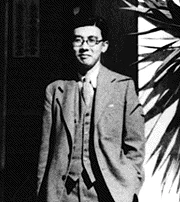
source:wikimedia.org/
Masaru Ibuka
Birthday:
11 Apr, 1908
Date of Death:
19 Dec, 1997
Cause of death:
Congestive heart failure
Nationality:
Japanese
Famous As:
Industrialist
Age at the time of death:
89
Masaru Ibuka's Quote's
Early Life and Background
Masaru Ibuka, born in Nikkō, Japan on April 11, 1908, was an extraordinary engineer. He had an insatiable curiosity, a passion for innovation, and a remarkable ability to find magic in the mundane. These qualities helped him co-found Sony Corporation and revolutionize technology.
Childhood and Education
Ibuka’s childhood was steeped in nature and nurtured by a thirst for knowledge. He spent his days exploring the lush forests and rolling hills near his home, developing a deep appreciation for the intricate workings of the natural world. This connection to nature sparked his early interest in science and engineering, sowing the seeds for a life dedicated to understanding and manipulating the world around him.
Following his passion for science, Ibuka enrolled at Waseda University, where he earned a degree in engineering in 1933. It was during his studies that he met Akio Morita, a kindred spirit who shared his love for technology and his vision for a brighter future. This serendipitous encounter formed a lifelong partnership that would shape the world of electronics.
Career Beginnings
After graduating, Masaru Ibuka began his career at the Photo-Chemical Laboratory, a company focused on processing movie film. While this may seem far removed from his passion for electronics, it served as a valuable training ground, honing his technical skills and fostering his entrepreneurial spirit. However, the call of innovation was too strong to ignore. In 1945, amidst the ashes of post-war Japan, Ibuka saw an opportunity to rebuild and reinvent. He founded Tokyo Tsushin Kogyo K.K., which later became Sony, a small radio repair shop with a grand ambition: to bring the magic of technology to the masses.
Founding Sony Corporation
Masaru Ibuka and Morita’s leadership propelled Sony from a humble repair shop to a global electronics giant. Ibuka’s strategic vision was instrumental in this meteoric rise. He recognized the potential of emerging technologies like transistor radios and embraced cutting-edge research, securing a license for transistor technology from Bell Labs in the early 1950s. This bold move transformed the company, leading to the development of the world’s first transistor radio, the TR-63, in 1957.
Innovations and Achievements
Ibuka’s influence extended beyond transistors. He was a staunch advocate for miniaturization and user-friendliness, guiding the development of compact, portable electronics like the iconic Walkman cassette player in 1979. His dedication to quality and design also helped establish Sony as a leader in consumer electronics, with products like the Trinitron color television setting new standards for visual fidelity.
Contributions Beyond Electronics
Ibuka’s contributions extended far beyond the realm of electronics. He saw technology as a tool for human progress and social good. He championed educational initiatives, fostering STEM education and supporting young scientists and engineers. Through the Sony Music Foundation, he established cultural exchange programs, promoting international understanding and appreciation for diverse musical traditions.
Legacy and Impact
Masaru Ibuka passed away on December 19, 1997, leaving behind a legacy that continues to shape the world we live in. He was a pioneer, a visionary, and a leader who saw beyond the limitations of the present and imagined a future filled with technological wonders. His unwavering belief in the transformative power of technology, combined with his relentless pursuit of innovation and dedication to human progress, earned him the admiration and respect of the world.
Name:
Masaru Ibuka
Popular Name:
Masaru Ibuka
Gender:
Male
Cause of Death:
Congestive heart failure
Spouse:
Place of Birth:
Nikkō, Japan
Place of Death:
Tokyo, Japan
Occupation / Profession:
Personality Type
Virtuoso: Bold and practical experimenters, masters of all kinds of tools. He was more into the practical nature of technology where it directly impacts people’s lives.
He was awarded the prestigious IEEE Founders Medal for his outstanding contributions to the electronics industry
Ibuka was nicknamed "Mr. Walkman" for his instrumental role in the development of the iconic music player.
Sony's motto, "Technology for the Benefit of Mankind," perfectly embodies Ibuka's vision and guiding principles.
Awards IEEE Founders Medal
Co-founder of Sony

